Talking Shop
Our talking shop episode this week gifted us with another of Ashley’s mini-lectures, where she explained a useful article she read on the young adult dystopian genre: A Creative Exploration and Analysis of Contemporary Dystopian Fiction. Munira Ezzi. Writing in Practice. Volume 4, 2018.
Sarah, meanwhile, was struggling to find time. So, in an effort to find a useful resource to discuss, she headed over to YouTube and found a useful channel, ‘Outstanding Screenplays’ that had snippets of interviews from famous authors and screenwriters which she found inspiring.
In our leisure reading, Ashley discussed a book, ‘The Chocolate War’ by Robert Cormier, and Sarah reviewed ‘When We Were Lost’ by Kevin Wignall.
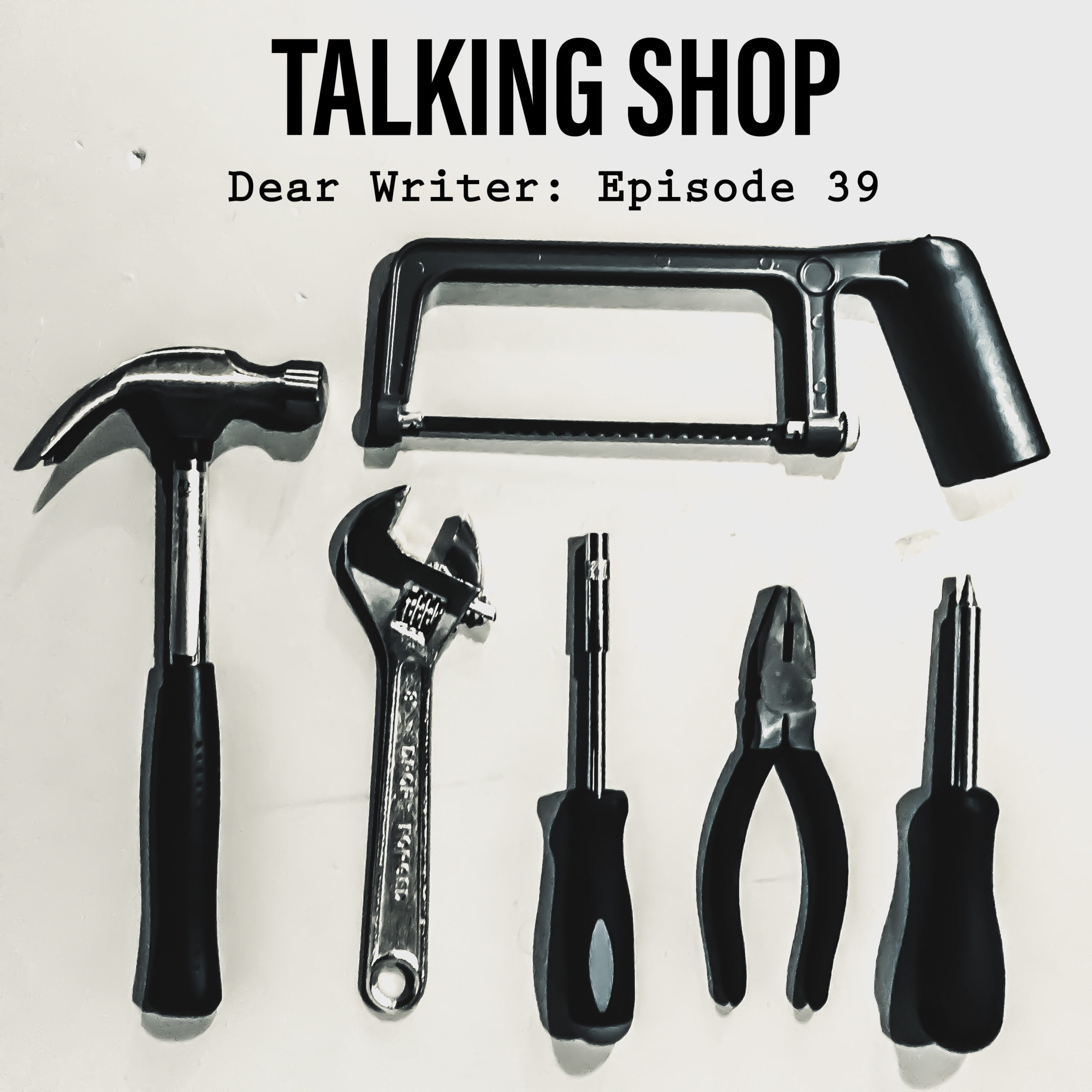
Episode Summary
We started this week’s episode with Sarah’s ‘tool of the month’, a Youtube channel called ‘outstanding screenplays’. The channel has compiled together interviews from high profile authors and screenwriters into usable tips. Sarah watched a couple of these, and while she didn’t completely gel with the video compilation of Stephen King’s interviews, she did quite enjoy George R.R. Martin’s.
George R.R. Martin said several things that resonated. One was about creating conflict with characters, and striving to create a situation which is the character’s worst nightmare, which challenges the character’s viewpoint and advances the storyline. Another of the tips that Sarah liked was about George R.R. Martin’s desire to reflect realism in his stories, which he claimed as part of the reason he killed off so many characters in Game of Thrones—he felt that death is a part of life, and, considering the rules and the setting of the world he created, he wanted it to be consistent and did not give any characters ‘special treatment.’
Ashley reviewed another article. This time, Ashley delved into an article about dystopian teen fiction: A Creative Exploration and Analysis of Contemporary Dystopian Fiction. Munira Ezzi. Writing in Practice. Volume 4. 2018.
This article explored definitions for dystopian fiction, and some common elements to books in this genre, specifically focusing on young adult dystopian novels. After trying to pinpoint the definition, the writer explained dystopian fiction as a genre that “not only portrays a dark future, but more importantly highlights the deterioration of a political structure. Therefore, dystopian settings are built upon the author’s world’s imperfections and are created to be considerably worse than our own.”
The author of the article then looked at several elements of dystopian books by analyzing The Hunger Games, Divergent, and Maze Runner.
Firstly, it identified characters as being one of the key elements (even more so than in other stories). Characters are important in dystopian fiction as they connect the reader to a world that is unlike their own. “Fans strive to be the hero they see represented”. Characters are ‘heroes’ but the readers develop a lot of empathy due to their victimization. They all overcome obstacles and the readers can sympathize with their efforts.
It then looked at the beginning of the novel, a key part to hooking readers. The author identified three key parts to the beginning. In each novel, there was a ‘life changing day’ that usually happened within the first chapter. It also used a subjective narrative, with most dystopian novels being written in first person, which aids in connecting the readers to the character, highlights the character’s personality, and allows the reader to feel inner conflict as the character makes a decision. And finally, the author noted that in each of the three texts, the main characters were (for the most part) introduced within the first few chapters.
Ashley finished her discussion with a great summarizing quote from the article: “Not all the dystopian fiction follows these rules so tightly. However, these few elements seem to be repeated through the mainstream contemporary YA genre. The repetition of these elements creates a familiarity that readers recognize and can come back to with the satisfaction of predictability: the knowledge that they will find a hero who is willing to risk everything even if they don’t have much to begin with; that the hero will fight against all odds to protect everything they love and, when it comes down to it, fight for the good of everyone.”
In our leisure reading this month, Sarah discussed her thoughts on a young adult survival thriller, When We Were Lost by Kevin Wignall, and Ashley talked about her discovery and experience of reading/watching the film and book called The Chocolate Wars written by Robert Cormier.









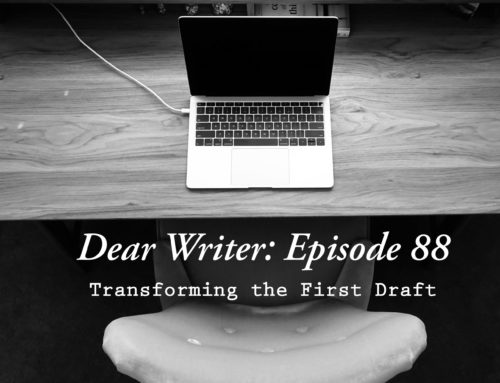







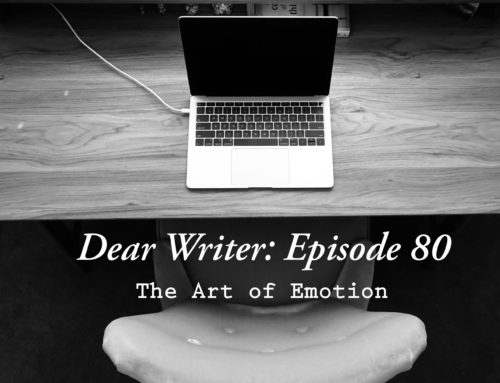
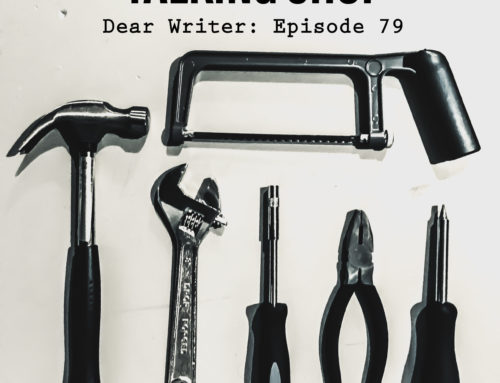
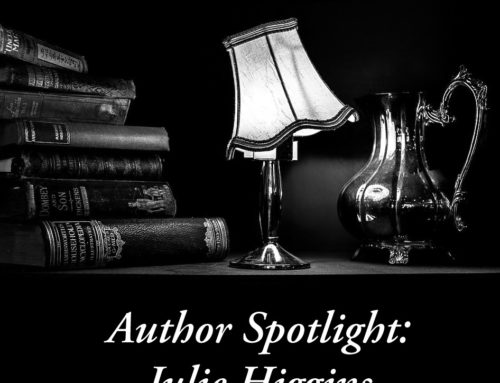

Leave A Comment